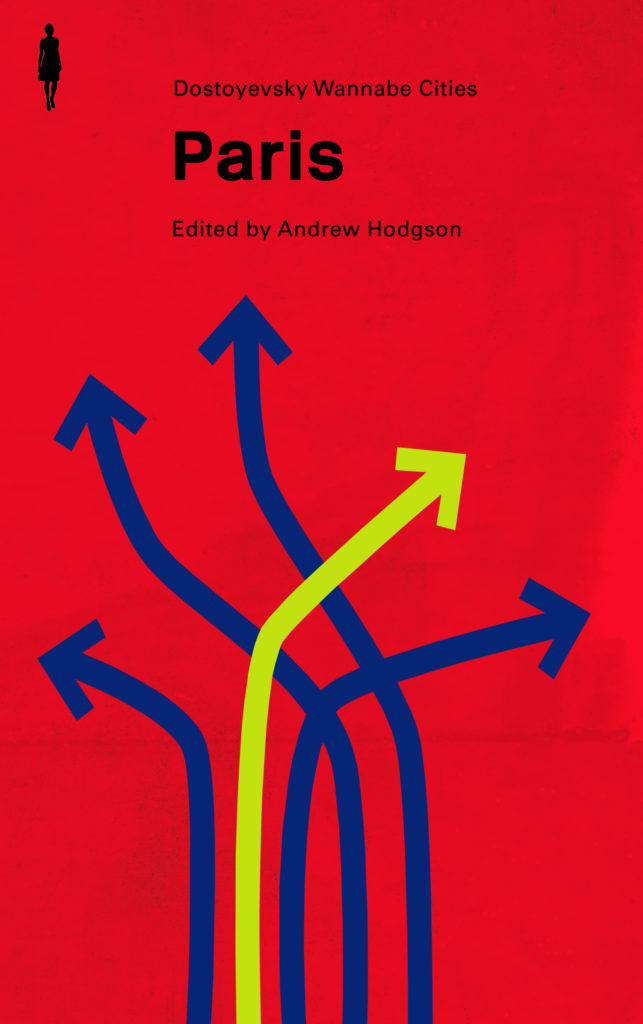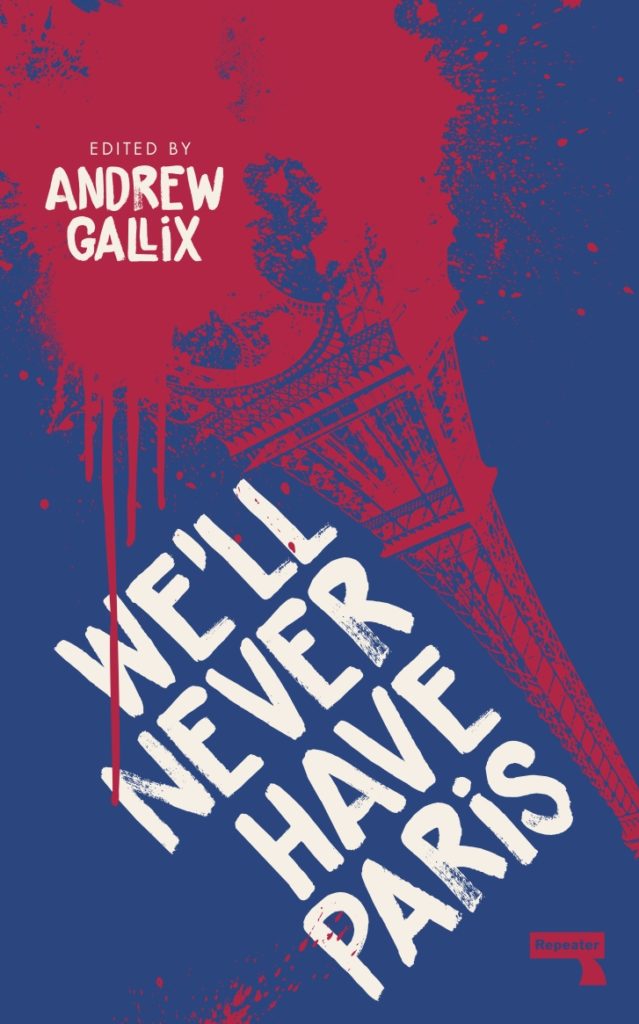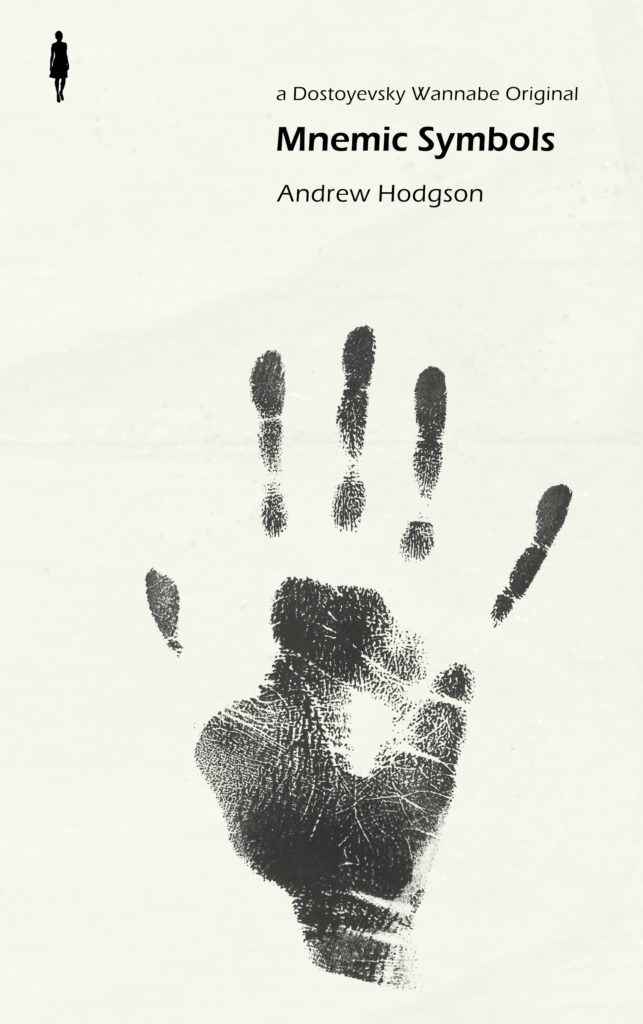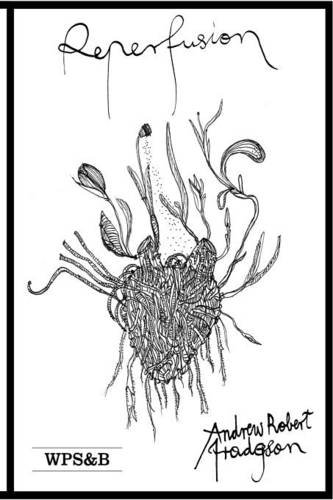2022
‘This Voice’ (1 and 2), in Mercurius Magazine, December 2022
‘This Voice’ (extract of 1), in The North journal no. 68, August 2022
2021
Praxis (Manchester: Dostoyevsky Wannabe)

Praxis seeks to build a space of questioning, of seeking to understand, to communicate something somewhere beyond the halo of what we might be able, or might be comfortably able, to mediate, to transport. Emergent from the confinements, curfews, quarantines, and travel bans of these past months, the 22 contributors of this collection set out to bring some coherency to the confusions and conflicts in which we find ourselves immersed, find form, functions, trace faults, the unsaid. The shape of unravellings and what could be shored up against them. that which underpins our times.
Praxis is edited by Andrew Hodgson, Rosie Šnajdr and Chris Clarke. It includes contributions by, in order of appearance:
Emily Critchley, Imogen Reid, Derek Beaulieu, Andrew Hodgson, Sawako Nakayasu, Outranspo, Bhanu Kapil, Guy Bennett, Spencer Thomas Campbell, Joanna Walsh, Jake Kennedy, Vanessa Onwuemezi, Eley Williams, Kevin McPherson Eckhoff, Isabel Waidner, Shola von Reinhold, Robert Kiely, Chris Clarke, Shane Jesse Christmass, Kimberly Campanello, Rosie Šnajdr, and Roy Claire Potter.
2019
Paris (Manchester: Dostoyevsky Wannabe)

“The ladies and gentlemen in this book are lost in translation. Some of them are recognized outranspians (since I recognized them). If oulipians are ‘les rats qui construisent le labyrinthe dont ils se proposent de sortir,’ the works that comprise this book, the writers that generated them ‘sont perdus dans Babel sans idée d’en sortir.’ A decisive and entertaining way of tilting at the windmills of a number of different languages.” – Paul Fournel
This collection approaches the theme of interacting/interactions with language(s) that, across the contributors who are French speakers, English speakers, English/French speakers, has developed in myriad diverging ways. Impossible translation, engine translation, dictionary work, ‘resistant reading’; text as physical medium. Also artistic discourse on language itself, what it’s for, what it does; how it forms us, how it perhaps constrains us. As too interactions with it in life and everyday settings, how it might get in the way, or fall apart, help or hinder. With, among the contributors, writers of prose, essay, poetry alongside conceptual artists, as too members of the Oulipo and Outranspo, DW Paris is a diverse showcase of Paris-centred experimental and innovative literature in 2019.
“Paris est tout à fait excitant et original : il explore des voies et fait entendre des voix nouvelles et inattendues.” – Marcel Bénabou
DW Cities Paris is edited by Andrew Hodgson and features: Craig Dworkin, Lauren Elkin, Gaia Di Lorenzo, Olivier Salon & Chris Clarke, Yelena Moskovich, Camille Bloomfield, Stewart Home, Amalie Brandt, Ian Monk, Andrew Gallix, Eric Giraudet De Boudemange, Andrew Hodgson, Philipp Timischl.
Paris was launched at Shakespeare & Company, Paris on Thursday 20th June, 2019.
Podcast of the Paris launch.
ArtReview Book of Autumn 2019.
Buy Paris here.
a mnemopolis, a necropole ! in We’ll Never Have Paris, ed. Andrew Gallix (London: Repeater Books)

Mnemic Symbols (Manchester: Dostoyevsky Wannabe)

‘Here is a larva, lost in a midsummer night’s Babel; one of Robbe-Grillet’s detective cyphers is wearing a Pnin suit; its name is Andrew; lost in a jaunty text without a contraption; waiting like a background process.’ — John Trefry
‘With masterful choreography, Hodgson makes interior complexity dance in Mnemic Symbols. Experience, memory, and narrative are caught in the act of synergism. If you ache for solidity, for a static truth to cleave to, for access to meanings buried deep within then—pinch yourself, baby—you’re alive. This book tells it like it is.’ — Rosie Šnajdr
Selected by Dennis Cooper as one of his books of 2019.
Extract of Mnemic Symbols in The London Magazine.
Extract of Mnemic Symbols in Minor Literatures.
Review of Mnemic Symbols in The London Magazine.
Review of Mnemic Symbols in 3:AM Magazine.
Buy Mnemic Symbols here.
Conversation Piece — Rosie Šnajdr and Andrew Hodgson, Part Two in Minor Literatures
Conversation Piece — Rosie Šnajdr and Andrew Hodgson, Part One in Minor Literatures
2018
Notation in Burning House Press
Patron in Burning House Press
Interview for Prague Microfestival 2018
2017
I digress in Minor Literatures
Books of the Year in 3:AM Magazine
2014
Summer Reading in 3:AM Magazine
¡¡ in Minor Literatures
2012
Reperfusion (Paris: WPS&B)

Set in nightmarish Black Stump, a Northern English port town sometime in the mid-20th century, Reperfusion builds the story of a place and people from the blank page word by word like so many bricks in an artifice. The story centres on the character of Albert, and follows him in a single day in his life. He begins his day like every other in a greasy spoon cafe before heading to work at the docks, however he becomes aware of the presence of two people following him, the narrator and the reader, who, embodied in the text, increasingly impose themselves on his everyday life.
It is not long before Albert begins to realise their intentions for him, and that this day may not only be his last, but his first, his only and his every. The reader is welcomed in to the book by the narrator, who while seemingly beginning the story with the best intentions in turn builds and pulls away the facade of truth, character, plot and narrative itself. The narrator passes himself off as the king within his realm weaving strands of story about the streets of Black Stump, lambasting the ever growing presence of the spectre of a writer figure, before these strands join, tie up, fray and disintegrate. A disintegration leaving the blank space from which a place and life was created, and closing the loop on a 24 hour reality which exists in the twilight between the real and nothing.
Reperfusion is a discussion on the roles of all those involved in fiction, characters, narrators, writers, readers. And the play between truth and lies which makes a book a living thing in symbiosis with its host, the reader. As the narrator himself says, “As an object, this book by its very nature is frigid and unresponsive. However, by process of reperfusion the blood seeps from your finger tips and in to these pages. Flushing life through these stale words and names. And before you know it it’s become part of your circuit. It’s part of you, sitting up there among the malice and disappointment. Feeding your id.”
Reperfusion, noun – the restoration of blood flow to an organ which is devoid of blood.
Mass Hysteria and Moral Panic, play staged at Ye Olde Rose and Crown Theatre Pub, London, 08/09/2012.





I like to walk at night in London Lit
2011
The Job Market Struggles of an Aspiring Writer in The Guardian
2010
Recordings of The Hole and Train Carriage in Relief: